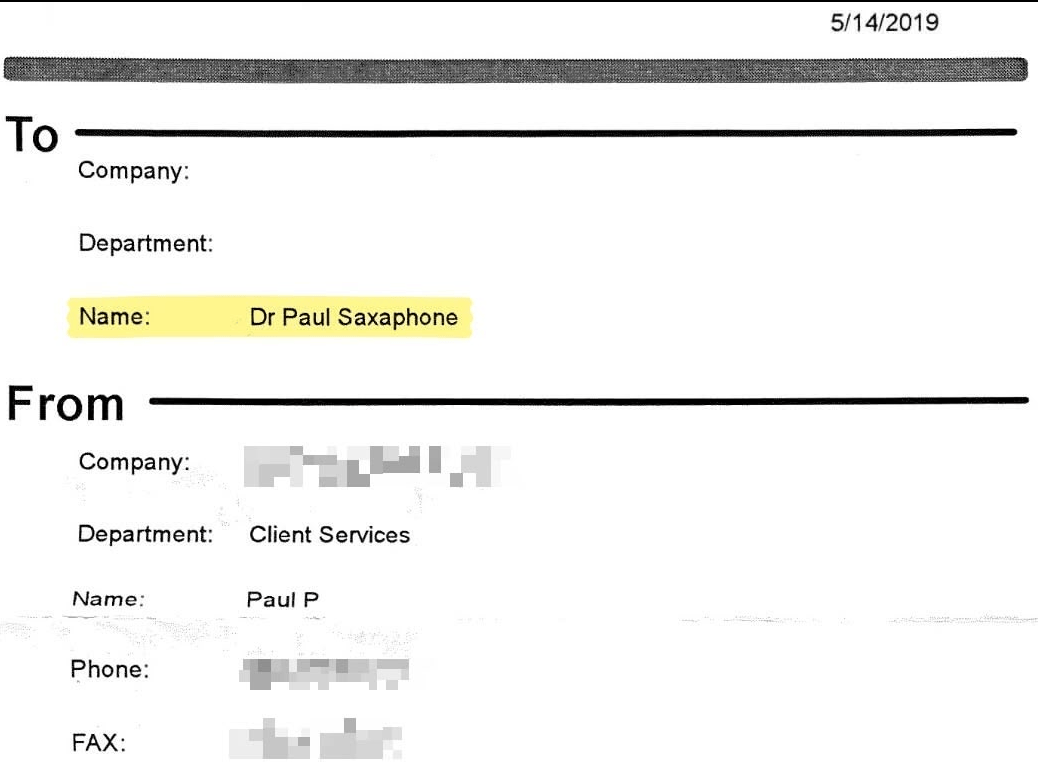An ongoing dialogue on HIV/AIDS, infectious diseases,
November 13th, 2025
Hot Takes from IDWeek: CDC, COVID, and Two Doses of Dalbavancin
 Every so often, you sit down for what’s supposed to be a lighthearted conversation and end up somewhere not just fun, but deeply enjoyable and even profound. That’s what happened when I joined my friends and ID colleagues Drs. Buddy Creech (Vanderbilt, pediatric ID) and Mati Hlatshwayo Davis (Washington University, public health expert) for the Let’s Talk ID podcast. It was recorded live in Atlanta, during the annual IDWeek meeting.
Every so often, you sit down for what’s supposed to be a lighthearted conversation and end up somewhere not just fun, but deeply enjoyable and even profound. That’s what happened when I joined my friends and ID colleagues Drs. Buddy Creech (Vanderbilt, pediatric ID) and Mati Hlatshwayo Davis (Washington University, public health expert) for the Let’s Talk ID podcast. It was recorded live in Atlanta, during the annual IDWeek meeting.
The premise was simple: each of us would share some ID “hot takes.” There was no script, no outline — risky! — but the spontaneity made it especially engaging, mostly because Mati and Buddy are total pros. So what followed was a free-form back-and-forth about the state of infectious diseases and medicine today. And if you listen to the end, you’ll catch an entirely improvised riff on our distinctive names — even mine, short as it is.
My first “hot” take wasn’t especially upbeat but felt important. I said aloud what many of us have been feeling — especially with this year’s IDWeek held in Atlanta, home of the CDC — which is that this proud, indispensable agency is being deliberately weakened, even dismantled, largely as retribution for Covid-era recommendations that became policy.
Hey, we can hold two thoughts in our heads at once! Yes, mistakes were made under grim and confusing circumstances. Who didn’t make mistakes? And yes, the CDC remains an irreplaceable public health institution whose destruction would leave only chaos. Is that really what we want?
During the government shutdown, it was even worse. Painful banners appeared on certain CDC web pages, driving home just how corrosive the mix of politics and public health can be:

Mati, who led St. Louis’s public-health response during the pandemic, put it even more starkly: “You can’t eliminate the infrastructures you say you care about.” She described how fragile those systems already were, and how hard it will be to rebuild them if they collapse. Agree!
Buddy, ever the thoughtful pediatrician, reflected on the paternalism that has crept into our vaccine messaging. He wondered if our vaccine absolutism sowed some of the distrust we’re now reaping. We all agreed that humility, transparency, and a touch of I-don’t-know-yet would have served medicine (and the public) better.
After all that, I tried to lighten things up with something safely clinical: Staphylococcus aureus bacteremia. Two big trials this year — SNAP and DOTS — represented major advances in our field. SNAP showed that cefazolin beats oxacillin/nafcillin for MSSA (and that good old-fashioned penicillin is OK for susceptible strains). DOTS demonstrated that dalbavancin, given just twice, can spare patients weeks of home IV therapy and potentially decompress overburdened OPAT programs.
My next hot take returned to Covid — which, believe it or not, people still get. Ensitrelvir, an oral antiviral similar to Paxlovid, reduced household transmission by about two-thirds in a recent trial (disclosure: I’m a co-investigator). It’s currently under review by the FDA. If approved, we’ll see how this plays out in clinical practice: Will people take a five-day course when someone at home tests positive, or just shrug? Will people test at all? As with influenza post-exposure prophylaxis, those who stand to benefit most are the elderly and immunocompromised — but Covid can still be pretty miserable for everyone.
We closed with a few stories about our names. In my anecdote, I disclosed that when my name is shared over the phone, for some reason people hear the first letter of my last name as an “F” rather than an “S”. But tell me — is there anyone who’s last name is “Fax”? The most reliable way to avoid this error is to say, “My last name is Sax, like the musical instrument.” Of course this sometimes has unintended consequences, as you can see from the highlighted portion of a fax from 2019, shared at the top of this post — which I will treasure forever.
Buddy ended with a moving comment about our community, which I’ll quote because it’s so good:
We want to have solidarity with those groups that we know are struggling right now, whether that’s CDC or local public health officers, folks in academia losing their funding, folks that are struggling to keep up clinical hours, all of the places where all of us are struggling … I have a good friend who has the following quote. He says, “When people get together and they share their successes, it tends to breed competition. When they get together and they share their challenges, it breeds community.” And so I think one of the things that’s special about our community, and it’s on full display here at IDWeek, is that there are times when we celebrate, there are times when we have fun. There are times when we say, how’s it going? And someone’s brave enough to say, it’s not great right now. And that actually deepens our bonds with each other and makes us truly, truly stronger.
Well said, Cruddy Beach!


Leave a Reply